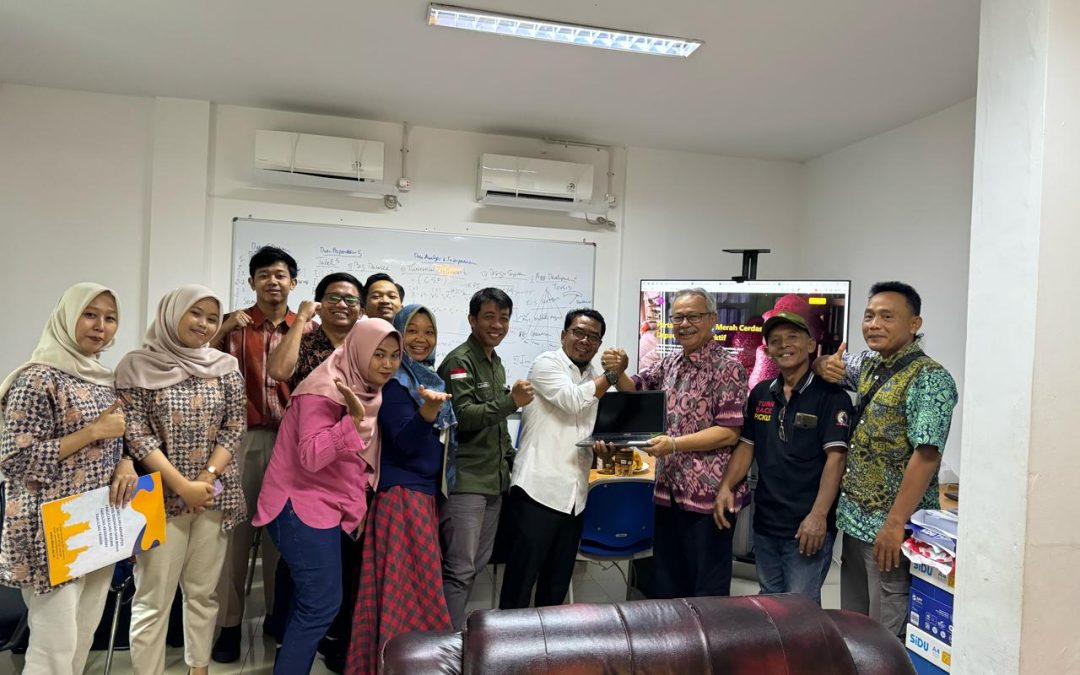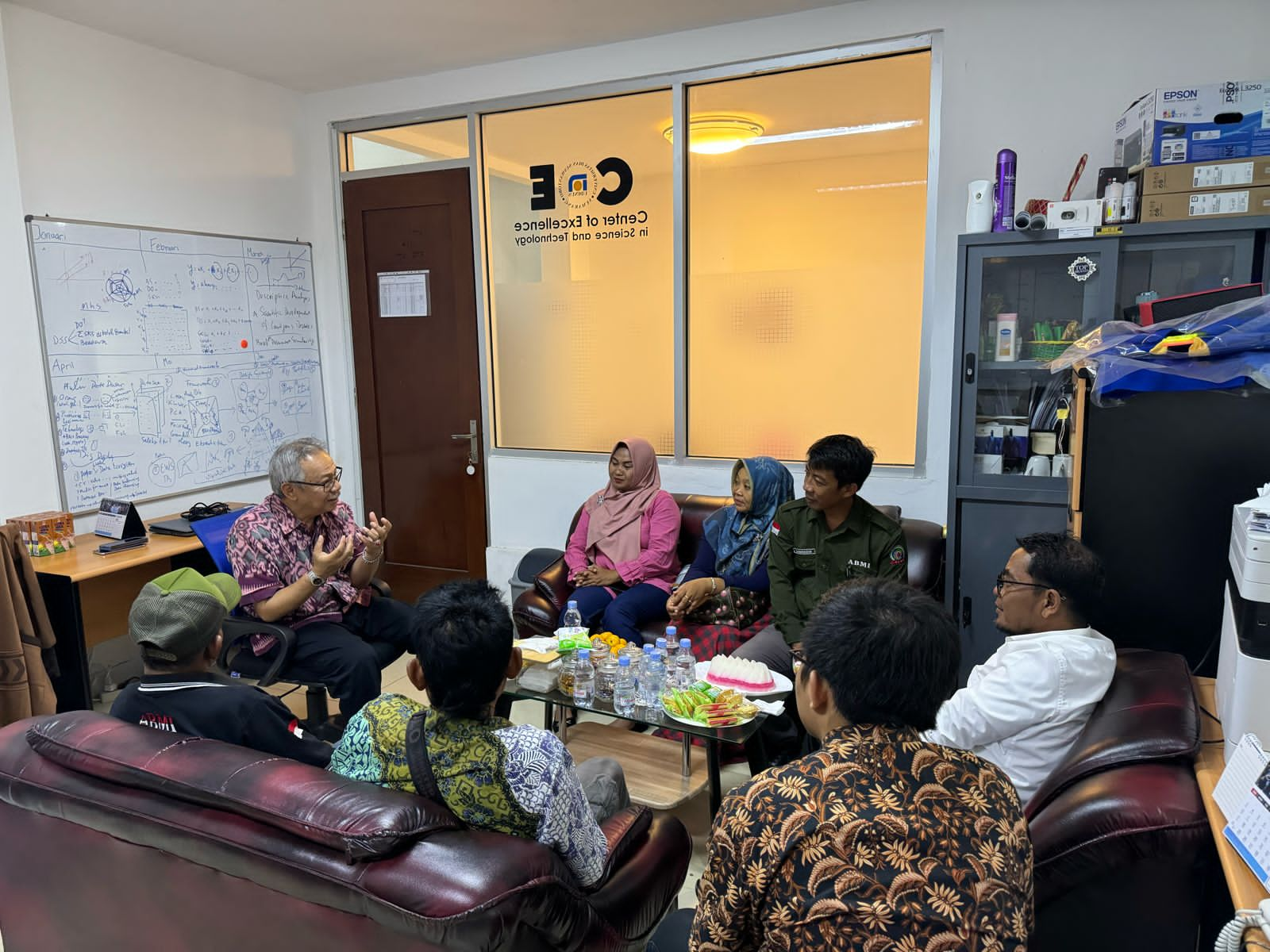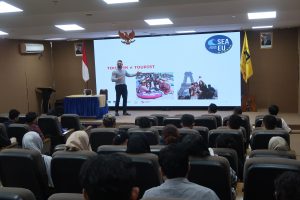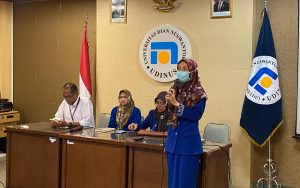The planning of the ‘Smart Shallot System’ by Universitas Dian Nuswantoro (Udinus) has reached the last phase. Center of Excellence (CoE) Udinus which built the system has just done a meeting with the Indonesian association shallot known as Asosiasi Bawang Merah Indonesia (ABMI).
“This socialization aims to get input on whether the system is already matched with the needs of ABMI and other partners. This system is planned to be able to predict weather, temperature, humidity, and soil Ph at 7 point locations of district area,” explained the Head of Udinus CoE and Chief researcher, Prof. Zainal Arifin Hasbuan, MLS, Ph.D
The making process of this system was motivated by the large number of shallot cultivation in Southeast Asia, especially in Indonesia. Prof. Zainal Arifin Hasbuan familiarly called Prof. Ucok also explained that shallot commodities in Indonesia are already on a national scale. Hence, by cooperating with associations at the national level we can provide an opportunity to perfect the smart onion system.
“There are several important points added by ABMI. Such as improving the data center, including data from the onion wholesale market related to onion prices, distribution channels, and e-marketplaces,” said Prof. Ucok.
As an additional information, this system is the output of the Udinus CoE program since 2022. Through research entitled ‘Alignment of Supply Chain Management and Users on Shallot Commodities with the Application of Artificial Intelligence based on the Internet of Things and Blockchain’. Several things have been carried out primary and secondary data collection.
ABMI General Treasurer, Soleh stated that his party fully supports the system designed by CoE Udinus. According to him, this system can support the formation of a green economy and digital economy in the onion commodity. At the socialization, he was accompanied by 5 other ABMI members.
“It is expected that the shallot farming community can be rebuilt and become more productive. As well as minimizing shallot farming waste, and contributing to reducing emissions from shallot farming processes,” said Soleh. (Udinus Public Relation/Haris. Photo: Udinus PR)








